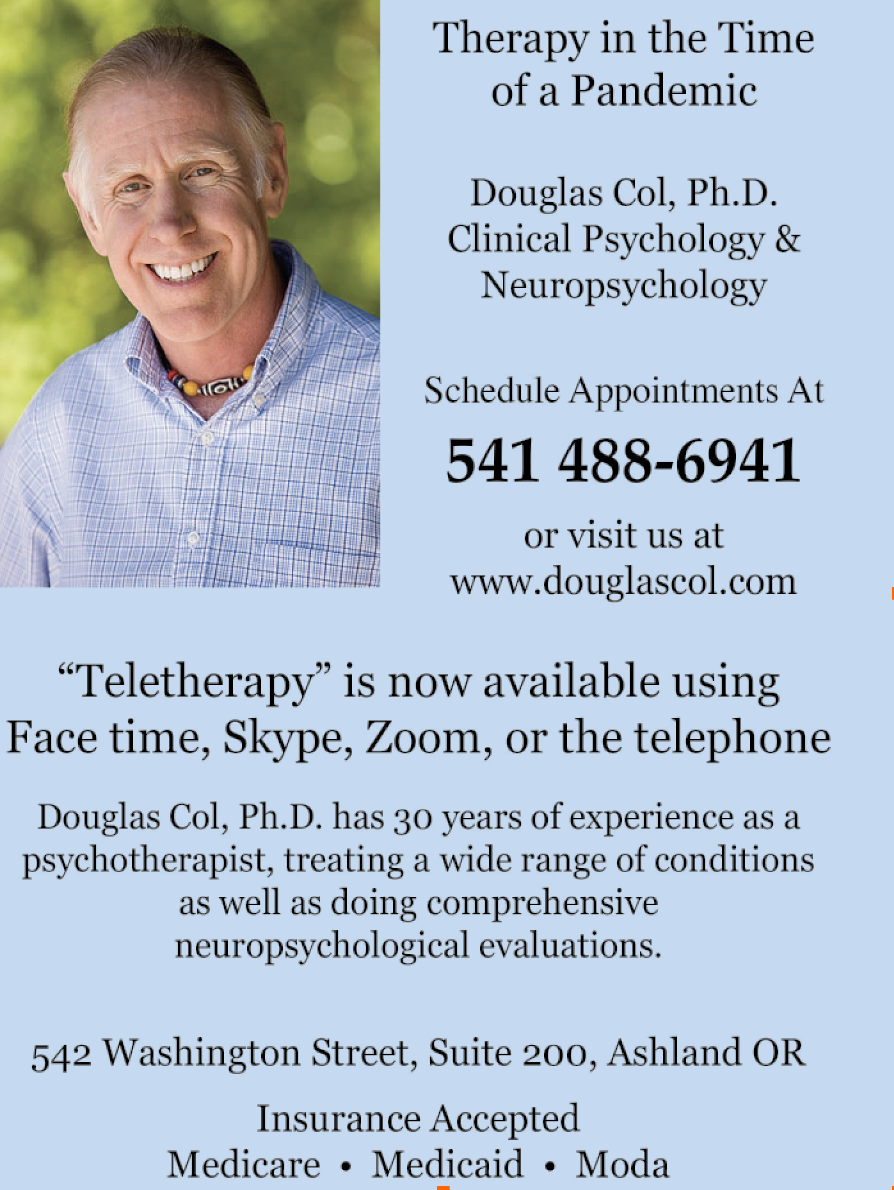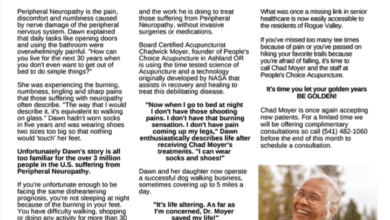Douglas Col, Ph.D.
Douglas Col started his academic career in astrophysics, but after working his way through quantum mechanics and relativity theory switched to neurobiology, earning a Bachelor’s Degree in both Psychobiology and Mathematics at the University of California, Santa Cruz, and then a Master’s Degree in Psychobiology at the University of California, Irvine.
Deciding that he did not want to end up being a neurobiology researcher—and have to take apart either cat or rat brains for a living—he decided to pursue clinical work, instead. That work started when he was trained by Dr. Ida Rolf to become a Certified Rolfer, which is a kind of structure-based myofascial therapy.
Tiring of that after about 15 years he had a brief stint studying filmmaking at New York University, and then returned to school and earned a Master’s Degree and then a Ph.D. in clinical psychology from the Fielding Graduate Institute. While at Fielding he was able to focus on the psychodynamic/psychoanalytic and existential/phenomenological therapeutic approaches, which he continues to use in his clinical practice.
After getting his Ph.D. and starting his clinical practice Dr. Col spent two years traveling to New York every month in order to receive postdoctoral training in neuropsychology from Dr. Elkhonon Goldberg, one of the world’s foremost neuropsychologists. Before defecting to the West, Dr. Goldberg was a close student in Russia of Dr. Alexander Luria, who pioneered the development of neuropsychological tests that could localize areas of dysfunction within the human brain. Drawing on his background in neurobiology, Dr. Col has learned to use the Goldberg/Luria approach in determining the nature of people’s neurocognitive difficulties.
Because of his diverse training, Dr. Col divides his time almost equally between psychodynamic/existential psychotherapy and psychological/neuropsychological testing. His emphasis in therapy is not in specific techniques for narrowly defined psychological problems, but in addressing the psychological functioning of the whole person, in the context of that person’s life. Patients range in age from young children to the elderly, and over the years he has developed an expertise in treating persons with more serious disorders, including major depression, schizophrenia, and personality disorders.
In the neuropsychology aspect of his practice Dr. Col evaluates and makes treatment recommendations for all kinds of conditions, from children’s neurodevelopmental problems—including Attention-Deficit/Hyperactivity Disorders (ADHD) and Autism Spectrum Disorders (ASD)—to brain damage caused by physical traumas, toxic exposures, or anoxia, as well as geriatric problems such as dementia and Parkinson’s Disease. These evaluations are always comprehensive, and aim to discover both the full extent of a person’s problems, what the cause of those problems might be, and what remedial measures might be taken in order to help the person achieve better levels of functioning.





